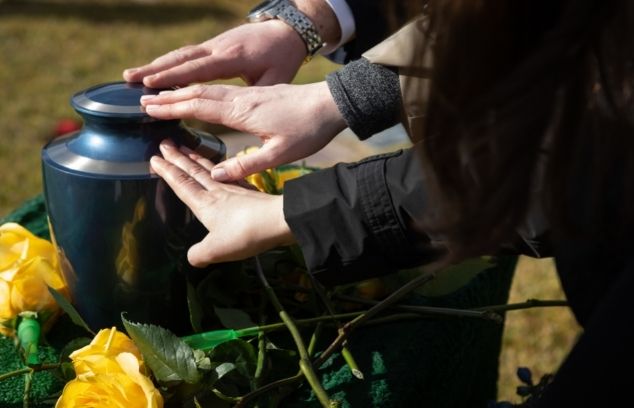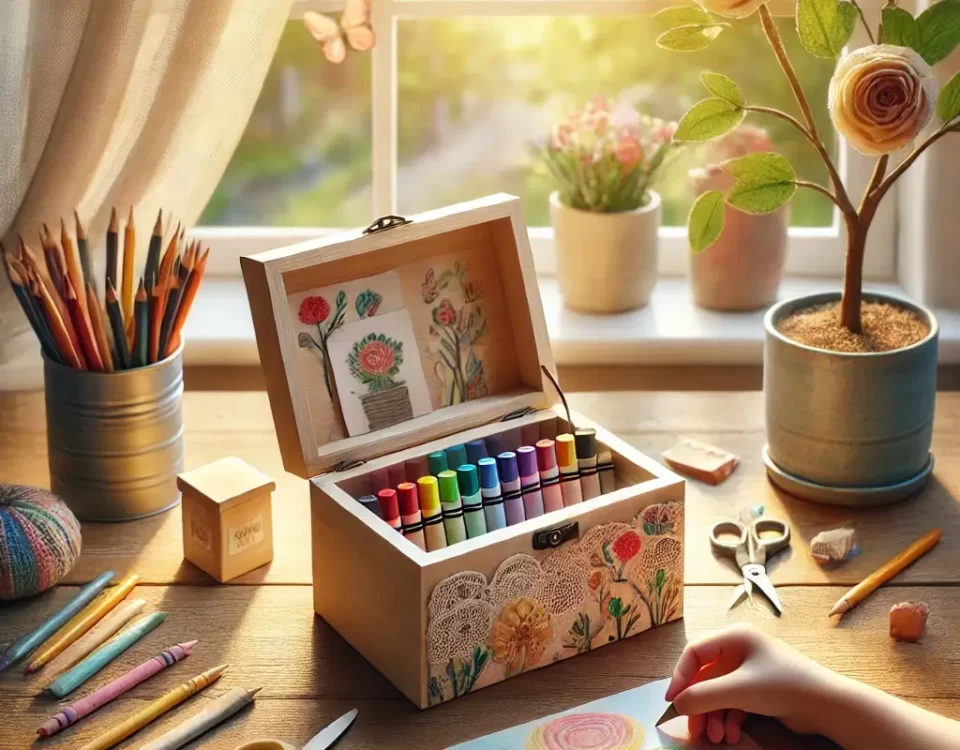How To Help Children Understand Cremation

Funeral Etiquette: Tips for Sending Acknowledgment Cards
August 9, 2021
Memorial Keepsake Jewelry To Keep a Loved One’s Memory Close
August 30, 2021Death is a highly complicated topic and theme to comprehend. Death can be especially challenging for children who have not yet experienced loss. If your family has recently lost a loved one, you may be in the position to explain death to a child. Furthermore, you may be responsible for helping your child understand cremation, should that be the type of body disposition the deceased chose. Construing cremation to a child can also pose a challenge, which is why Honor You has created the following guide on how to help children understand cremation. With our advice, you can express cremation to a child in a way that’s comprehensive and age-appropriate.
Keep Their Developmental Stage in Mind
Of course, the way you communicate cremation to a 10-year-old will not sound the same as describing it to a curious six-year-old. Keeping your child’s developmental stage in mind will help you navigate the conversation more graciously and confidently.
Communication Tip: Allow your child to ask questions. Use their questions to guide your conversation, making sure that they have a better understanding of cremation after your talk.
Use Clear and Concise Language
One of the best ways to help children understand cremation is to put it in simple, straightforward terms. Be sure that when you communicate cremation in a straightforward manner that you remain sensitive, too.
Kids might ask questions if they attend a memorial service and don’t see a full casket like they might be anticipating. Below, we’ve created an example of a short explanation for the urn and memorial name plate that they’ll likely see in lieu of a casket.
“They didn’t want to get buried in the ground, so they were peacefully placed in a warm room where they turned to soft ashes. This process didn’t hurt them at all because their spirit that helps them feel is no longer with them. The urn is so we can remember them and keep them with us. Would you like to ask me any questions about what I just said?”
Avoid Providing a Description That Causes Alarm
Avoid using inflammatory language that may scare your child. Using words like flame, fire, burn, furnace, and other true but jarring elements of cremation may be too alarming for your youngster. You can still express the process and the outcome without having to resort to what may be intimidating language for your child.
Validate Their Feelings
Regardless of their age, your child may find this conversation upsetting. Validate whatever questions and emotions that they respond with by being patient and welcoming to both.
Communication Tip: While, of course, we always want to stay strong for our kids, it’s okay to let them know how we feel sometimes. Letting your child know how you feel about the experience of loss can help validate their own feelings.


